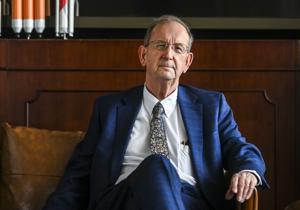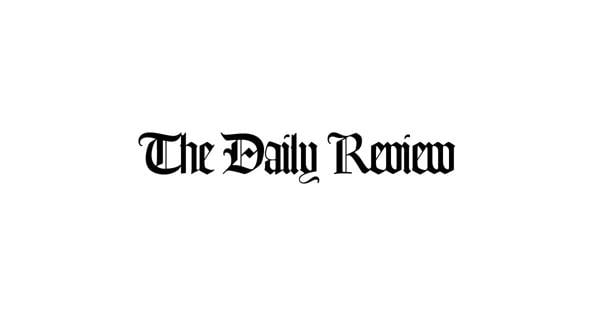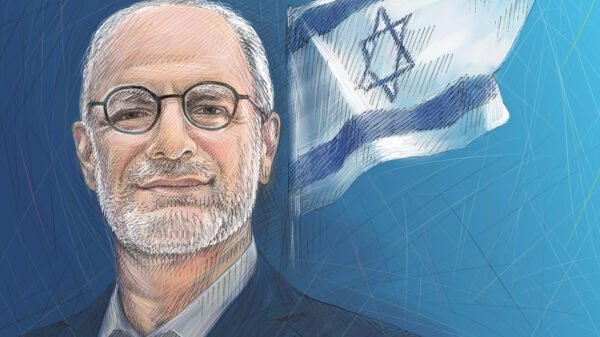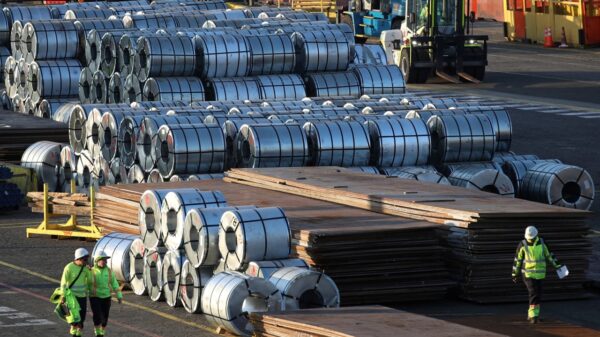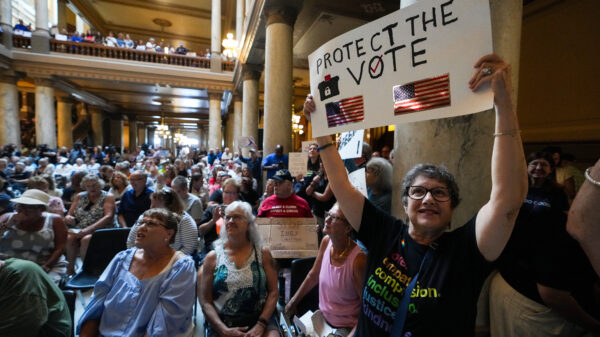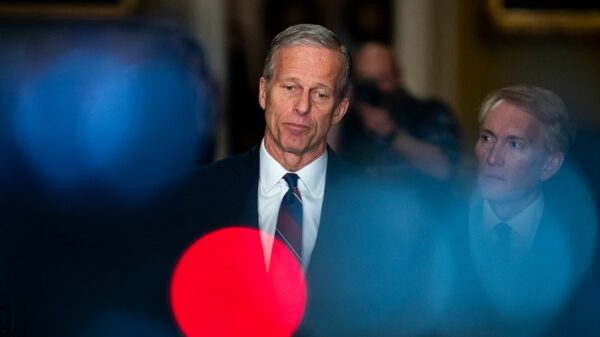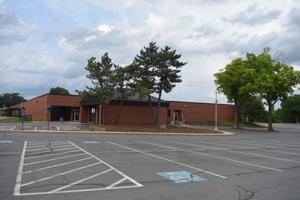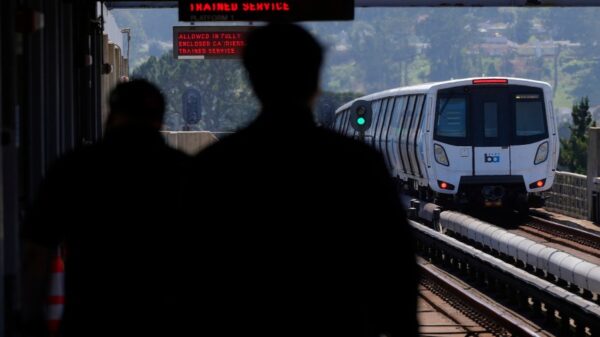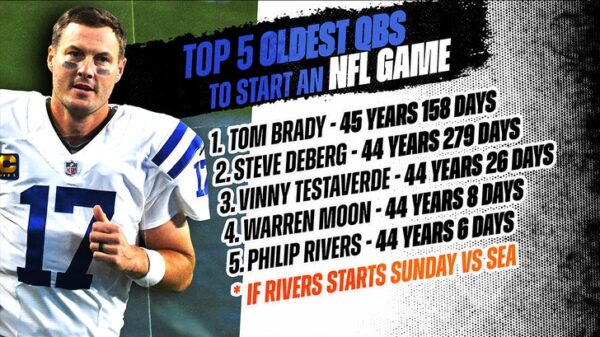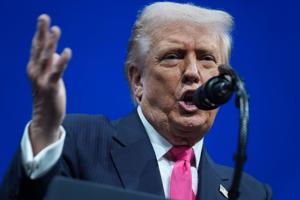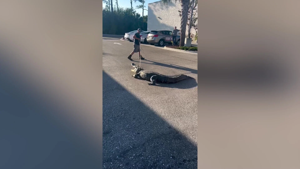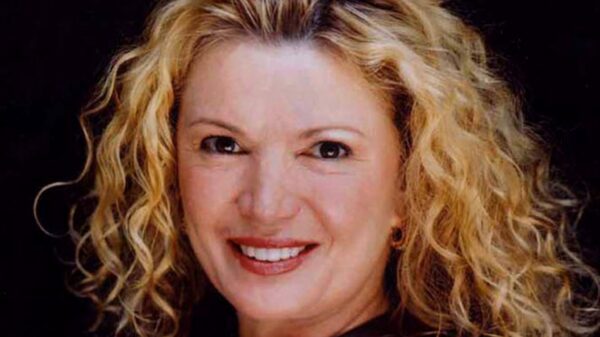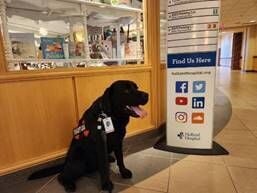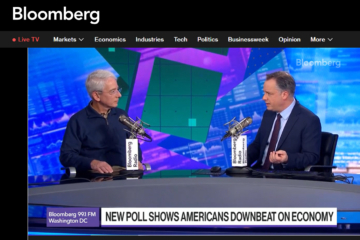As the economic impact of the COVID-19 pandemic continues to unfold, Peter Atwater, an economist and adjunct professor at William & Mary, has gained recognition for his insights on the shifting landscape of financial confidence. He posits that the economy is experiencing a K-Shaped Recovery, where the financial well-being of individuals diverges sharply based on their socio-economic status. This concept has resonated globally, with many economists and media outlets adopting this terminology to describe the current economic divide.
Understanding the K-Shaped Economy
Atwater first identified the K-Shaped Recovery shortly after the pandemic began in early 2020. He observed a stark contrast in the confidence levels of different worker groups. Those in white-collar positions, able to transition to remote work, reported a surge in confidence. Conversely, blue-collar workers, including hospital staff, supermarket clerks, and factory employees, faced increasing uncertainty and economic hardship.
The term “K-Shaped Economy” captures this duality: the upward trajectory of financial markets and asset values benefiting the wealthy on one end of the ‘K,’ while the lower and middle-income individuals struggle on the other. As inflation rates for essential goods such as food, housing, and childcare continue to climb, Atwater describes lower-income Americans as being trapped in a “sea of despair.”
“We’ve seen extraordinary financial market performance,” Atwater noted in a recent interview with Marketplace. “For those with investable assets, their trajectory has continued upward. Meanwhile, we’re seeing for those at the bottom of the economy, deterioration.” He emphasized that many individuals at the lower end are falling behind on rent and facing skyrocketing food prices, compounding their vulnerability.
The Broader Implications of Economic Disparity
In addition to immediate financial concerns, Atwater warns that the profound feelings of uncertainty and powerlessness among lower-income Americans could have far-reaching consequences. “The economics are important, but it’s how people now feel that matters most,” he stated. “As we see so often in history, when people feel powerless and uncertain, it impacts their political and social choices.”
Atwater’s recent book, The Confidence Map: Charting a Path from Chaos to Clarity, further explores these themes. He argues that those in positions of power often fail to recognize the fragility of the current economic condition. He hopes that increased attention to the K-Shaped Economy will prompt necessary actions to address these disparities.
“Having talked about the K-Shaped Economy for five years, it feels like we’ve now reached the point where it looks more like a top-heavy Jenga tower,” Atwater remarked. “To achieve a more balanced economy — and to boost confidence for those at the bottom — steps need to be taken to reinforce the base.”
As reports on the K-Shaped Recovery continue to circulate, Atwater’s insights remain crucial in understanding the complex dynamics at play in today’s economy. National outlets such as Bloomberg, Fortune, and the Wall Street Journal have increasingly featured his commentary, highlighting the urgent need for a more inclusive economic recovery.


